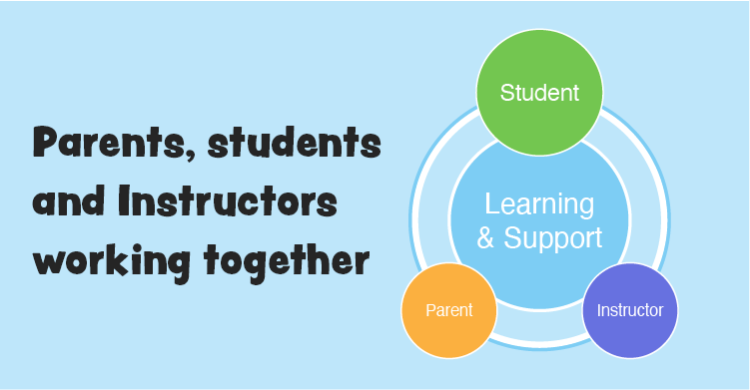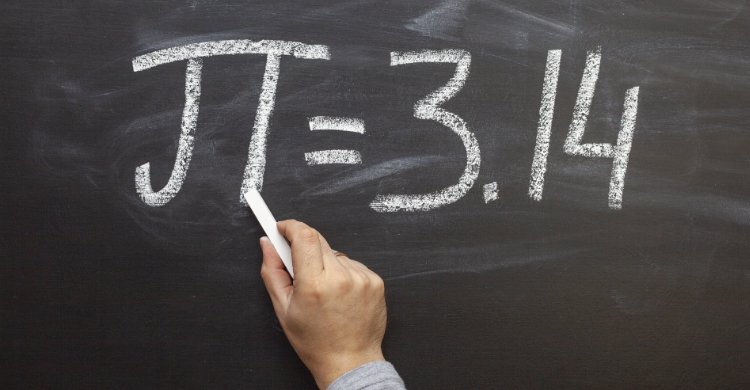Success Stories
At Kumon we nurture confident, independent learners who experience success both inside and outside of the classroom.

No limits to her learning; ...
Sophie, from the Kumon Kildare Study Centre, is a fantastic example of what c...

Maths enthusiast Daniel con...
Daniel’s parents noticed that he had a real interest in maths and numbers fro...

Dual subject siblings conti...
Siblings, Caolfhionn and Cillian have been attending the Kumon Dundrum Study ...

Ethan earns praise for his focus and ...
Nine-year-old Ethan joined the Kumon Castletroy Study Centre to study the Kum...

Ameer and his sister lead their fami...
Ameer has taken just five years to complete the entire Kumon English Programm...Blogs
Articles with ideas for nurturing confidence in your child, fostering a love of reading in your home and other ways to realise the potential of your child.

26 April 2025
Tips on developing your child's vocabulary

21 March 2025
World Poetry Day

15 February 2025
The Kumon triangle - student, parent, Instructor

9 February 2025
The meaning behind the Kumon logo

1 February 2025
Boost your child's learning with Kumon's Free Trial

19 January 2025
What is Blue Monday, and how can Kumon help?

6 December 2024
Snowy reads for the holidays

23 November 2024
Kumon and the pencil that started it all…

3 November 2024
How does Kumon encourage children to think for themselves?

2 November 2024
How wider reading can support academic ability

6 October 2024
Nurturing independent learners around the world with Kumon
28 September 2024
What's the secret behind how Kumon works?

10 August 2024
Beware 'the summer slide'!

8 August 2024
Preparing children for their first day at school

5 August 2024
Books for the beach

26 May 2024
What services do libraries offer?

1 May 2024
Get started with Kumon this summer term and save with our Free Registration offer

27 April 2024
Concentrating at school

20 April 2024
Cooking with your children

20 April 2024
How exercising improves concentration

14 April 2024
How to boost a child's concentration skills

13 April 2024
Writing plays like Samuel Beckett

11 April 2024
Test your brainpower on National Board Game Day

27 March 2024
Fun Easter holiday activities

24 March 2024
Fantastic springtime reads

23 March 2024
Fun facts for World Maths Day

20 March 2024
Today is World Storytelling Day!

14 March 2024
National Pi Day

8 March 2024
Our favourite mums in children's literature


